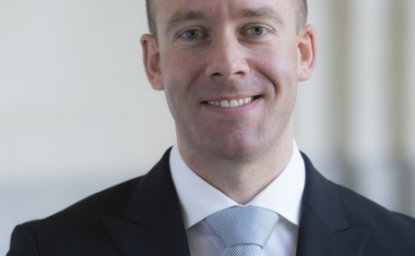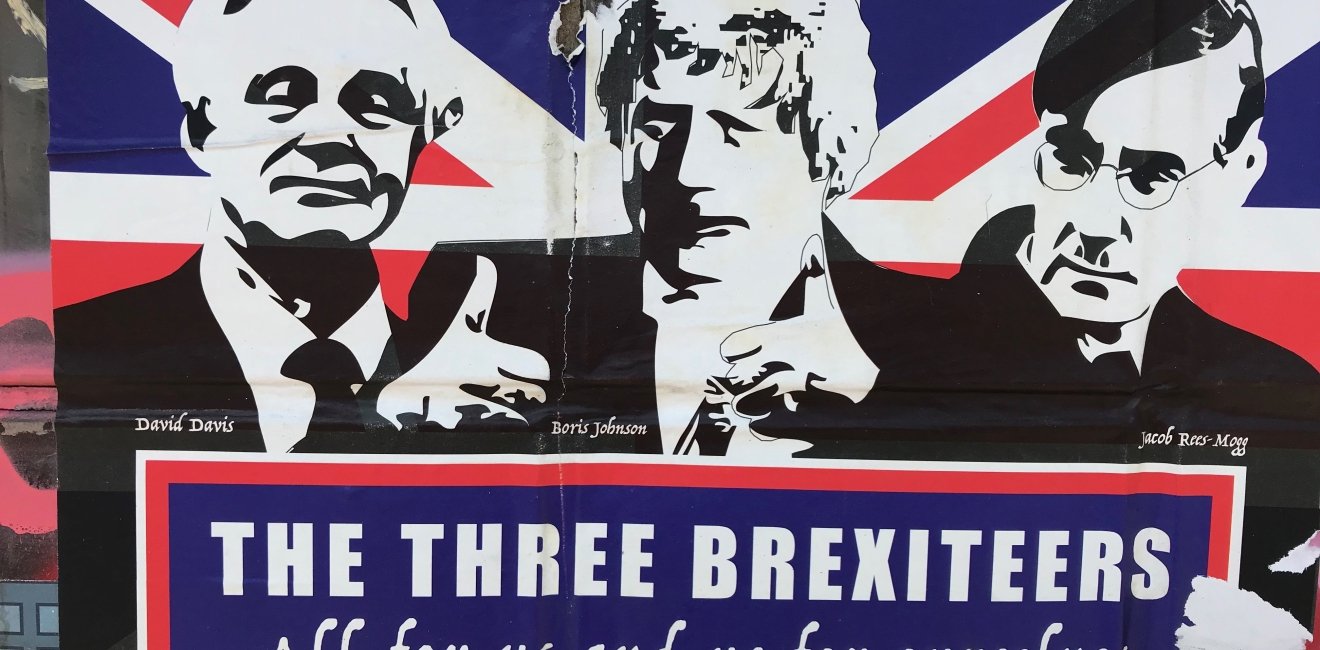Dr. Dan Hamilton, Director of the Global Europe Program at The Wilson Center in Washington, DC:
"A no-deal Brexit is bad news for the UK, for Europe, and for the United States. It would mean more economic uncertainties at a time of pandemic recession. It would exacerbate tensions over the status of the Good Friday Agreement. It would delay any possibility of a US-UK trade deal. Expect new and opaque restrictions on travel, additional trade barriers, and disruptions at UK borders. Deal or no deal, Brexit’s impact will continue to ripple through 2021"
Michael Geary, Global Fellow with the Global Europe Program at The Wilson Center in Washington, DC:
"With days to go before the 11-month transition period between the EU and Britain comes to an end, a transition that has allowed EU-UK free movement and trade to remain the same as before London officially exited the EU last January, trade talks in Brussels remain deadlocked. A last-minute dash to Brussels this week by UK Prime Minister Boris Johnson in an attempt to salvage the trade and security negotiations, and by extension secure a lucrative post-Brexit deal, appears to have failed. Issues linked to access to fishing stock, and the mutual recognition of a host of different standards, including environmental, all wrapped up in the politically explosive question of sovereignty have proved insurmountable even though negotiators on both sides concede that 90% of the negotiations are completed. By Sunday, Johnson’s obsession with clawing back sovereignty from Brussels might well see Britain crash out of the EU, the world’s largest market, without a trade deal and with it a frighteningly uncertain economic future."
Authors


Associate Professor, Modern Europe and the European Union, Faculty of Humanities, Norwegian University of Science and Technology, Trondheim, Norway

Global Europe Program
The Global Europe Program is focused on Europe’s capabilities, and how it engages on critical global issues. We investigate European approaches to critical global issues. We examine Europe’s relations with Russia and Eurasia, China and the Indo-Pacific, the Middle East and Africa. Our initiatives include “Ukraine in Europe”—an examination of what it will take to make Ukraine’s European future a reality. But we also examine the role of NATO, the European Union and the OSCE, Europe’s energy security, transatlantic trade disputes, and challenges to democracy. The Global Europe Program’s staff, scholars-in-residence, and Global Fellows participate in seminars, policy study groups, and international conferences to provide analytical recommendations to policy makers and the media. Read more

Explore More
Browse Insights & Analysis
Brexit and the Long, Slow EU-UK Divorce

360° View of How Southeast Asia Can Attract More FDI in Chips and AI


